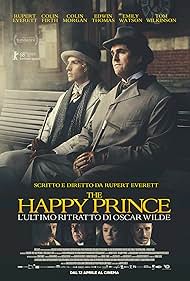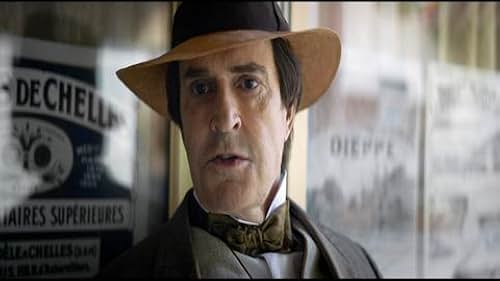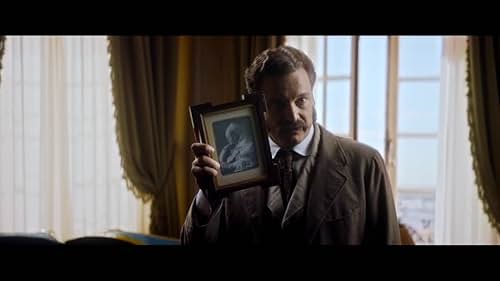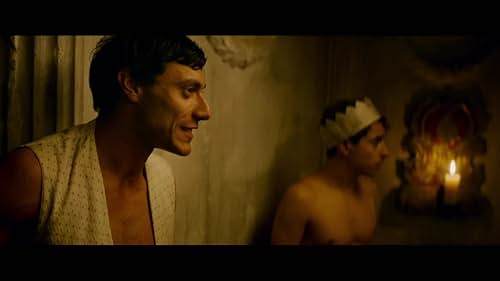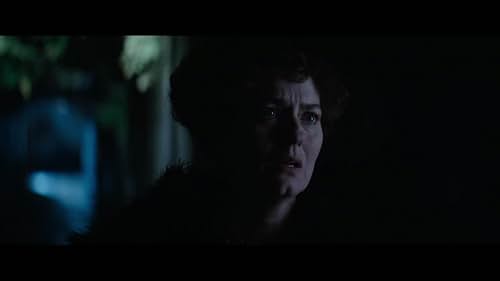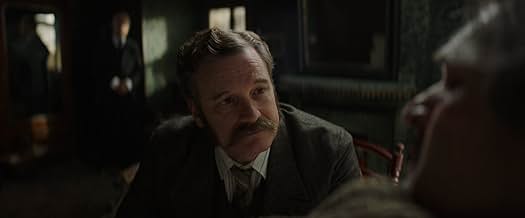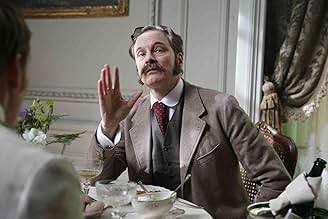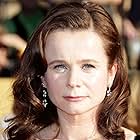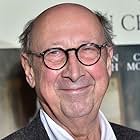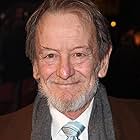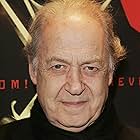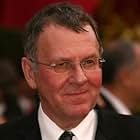La storia incalcolabile degli ultimi giorni nei tempi tragici di Oscar Wilde, una persona che osserva il proprio fallimento con distanza ironica e considera le difficoltà che affliggono la s... Leggi tuttoLa storia incalcolabile degli ultimi giorni nei tempi tragici di Oscar Wilde, una persona che osserva il proprio fallimento con distanza ironica e considera le difficoltà che affliggono la sua vita con distacco e umorismo.La storia incalcolabile degli ultimi giorni nei tempi tragici di Oscar Wilde, una persona che osserva il proprio fallimento con distanza ironica e considera le difficoltà che affliggono la sua vita con distacco e umorismo.
- Regia
- Sceneggiatura
- Star
- Premi
- 5 vittorie e 15 candidature
Trama
Lo sapevi?
- QuizDirector Rupert Everett had written promises from his friends Colin Firth and Emily Watson that they would participate in this movie if he ever got it made, and he would often half-jokingly remind them when he saw them. Even when Firth became famous and his busy schedule made it unsure if he would be able to keep his promise, Everett got funders aboard and people to participate by stating that Firth had already signed on. Near the end of production, when the movie ran out of budget, Firth even agreed to waive his salary, so he basically did the movie for free.
- BlooperOscar is shown at Clapham Junction in prison garb with the number 33. He is on the way to Reading Gaol where he is assigned cell C33.
- Citazioni
Reggie Turner: [Holding up a framed picture of Queen Victoria] No exiled fairy's trousseau is complete without a signed portrait of the great widow herself. You must dance naked before it at the Jubilee next month.
- Curiosità sui creditiDuring the end credits Oscar Wilde is heard and seen singing a French song in a cafe. Then there are flashbacks of audiences applauding his works in a theatre.
- Colonne sonoreLa Petite Tonkinoise
Music by Vincent Scotto
Lyrics by Henri Christiné and Georges Villard
Courtesy of Universal Music Publishing
(1906)
Personal treatment that Wilde deems to have been hugely unjust has built up much resentment in the heart of this once so carefree flamboyant wordsmith.
Consequently exiled to the shores of France and then further afield, he lives out his final years begging for handouts and favours from those he knows and loves. Those, that is, that haven't turned their back on the now disgraced writer.
Everett's film focuses upon a man whose incarceration and subsequent humiliation on charges of sodomy and gross indecency - following his lewd bordering on nefarious behaviour (in the eyes of the law) - have left him near destitute; a far cry from the opulent lifestyle that once he had led.
The Happy Prince is built loosely around Wilde reciting his fairy tale of the same name to both his own biological sons - during happier married times - and latterly on his death bed to the rag tag 'family' of young urchins that he had befriended.
Wilde - under his newly acquired guise of Melmoth - has a kind of morbidly humorous fascination with both the hopelessness of the predicament in which he now finds himself, and with the plethora of men that continue to fawn over him.
A period piece The Happy Prince may essentially be, but there's a strongly contemporary feel to the film's at times bewitching cinematography, switching neatly and expertly by way of multiple rapid cross fades between Wilde's past and present in an effort to build a picture of - and emphasise the massive disparity between - 'now' and then.
Everett's stupendous performance as Wilde is both arresting and heartfelt, whilst there are meaningful contributions from Colin Firth as Wilde's good friend Reggie, and from Colin Morgan and Edwin Thomas as Bosie and Robbie, respectively, the two mainstays in Wilde's love life who continue to compete fiercely for his attentions, and between whom there is absolutely no love lost.
As for Emily Watson's portrayal of Constance, as solid as it is, one can't help but think that it remains a little peripheral to the film's narrative at times. Perhaps Everett could have made a little more of the clearly strained relationship that had existed between the two, and the impact that this had had upon their children?
It seems that Wilde was indeed harshly dealt with, and laws or no laws, would have had rightful justification to feel aggrieved at his treatment at the hands of the rather puritanical overreaching government of the time.
That said, Everett's film seems intent to paint Wilde not as some sort of saintly martyr, but as a charming but deeply flawed man with a propensity for making poor life decisions. A man who had flown too close to the sun, and who perhaps had been more than a little guilty of using and abusing those that knew and loved him so much for his own personal gain.
The Happy Prince, whilst at times cheeky and playful in its outlook, never strays too far from its melancholic roots in its elegantly crafted, poignant regaling of the final days of the late great Oscar Wilde.
- hughrcarson
- 11 set 2018
- Permalink
I più visti
- How long is The Happy Prince?Powered by Alexa
Dettagli
- Data di uscita
- Paesi di origine
- Sito ufficiale
- Lingue
- Celebre anche come
- The Happy Prince
- Luoghi delle riprese
- Schloss Thurnau, Bavaria, Germania(Oscar Wilde's house in Naples, Interior Reading Gaol, Paris hotel bedroom)
- Aziende produttrici
- Vedi altri crediti dell’azienda su IMDbPro
Botteghino
- Lordo Stati Uniti e Canada
- 466.440 USD
- Fine settimana di apertura Stati Uniti e Canada
- 38.886 USD
- 14 ott 2018
- Lordo in tutto il mondo
- 2.621.992 USD
- Tempo di esecuzione1 ora 45 minuti
- Colore
- Proporzioni
- 2.35 : 1
Contribuisci a questa pagina

